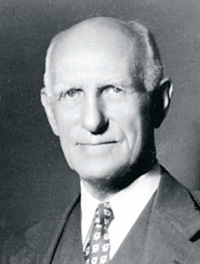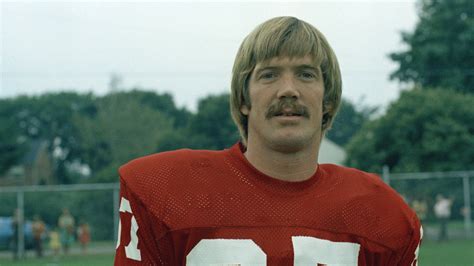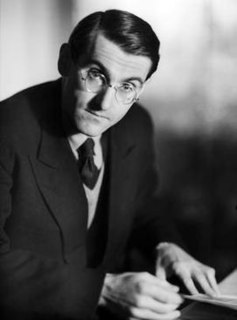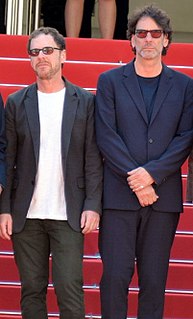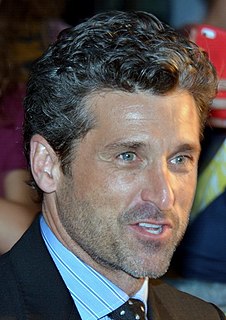A Quote by Arthur Schopenhauer
If you feel irritated by the absurd remarks of two people whose conversation you happen to overhear, you should imagine that you are listening to a dialogue of two fools in a comedy.
Related Quotes
All the research shows that the presence of that phone will do two things to the conversation. It will make the conversation go to trivial matters, and it will decrease the amount of empathy that the two people in the conversation feel toward each other. That phone is a signal that either of us can put our attention elsewhere.
So, too, if, to our surprise, we should meet one of these morons whose remarks are so conspicuous a part of the folklore of the world of the radio--remarks made without using either the tongue or the brain, spouted much like the spoutings of small whales--we should recognize him as below the level of nature but not as below the level of the imagination.
When I was a young fellow, I used to learn the dialogue backwards. The point is that in a conversation between two people, you can't have already made the decisions about what you're gonna do. You gotta be very light on your feet. That leads you into areas where conversations can have a much bigger, grander meaning.
Listen, my friend, there are two races of beings. The masses teeming and happy - common clay, if you like - eating, breeding, working, counting their pennies; people who just live; ordinary people; people you can't imagine dead. And then there are the others - the noble ones, the heroes. The ones you can quite well imagine lying shot, pale and tragic; one minute triumphant with a guard of honor, and the next being marched away between two gendarmes
I think, in general, when you're doing comedy, you're having a good time regardless of the comedy table tennis that you're playing. I think you want that, too: you're rooting for two characters to be together, and you should feel that even when they're angry at each other, they're still in synch with each other.








